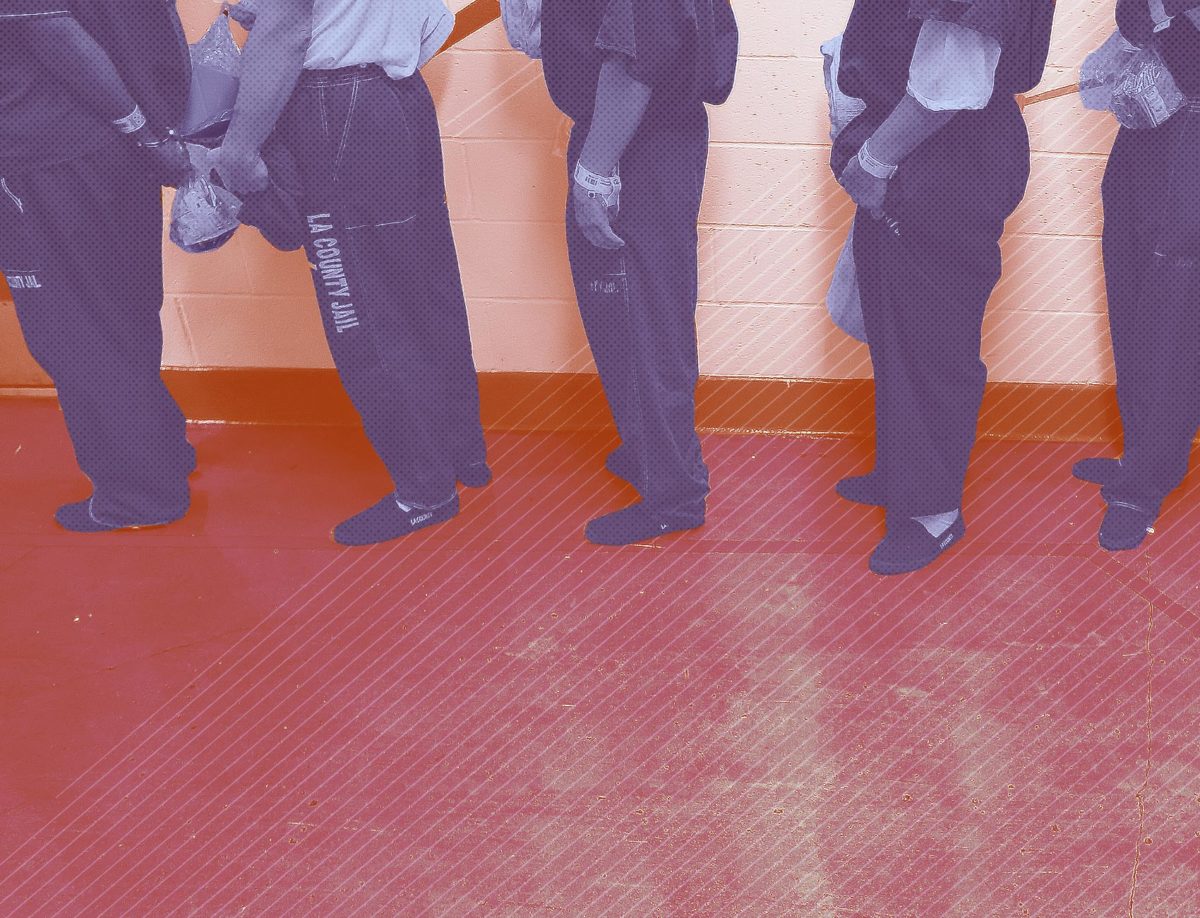
COVID-19 is Spreading Faster Than Ever. Jail Populations are Surging, Too
In many of America’s major cities, the early efforts to reduce incarceration during the pandemic have been reversed.

In many of America’s major cities, the early efforts to reduce incarceration during the pandemic have been reversed.
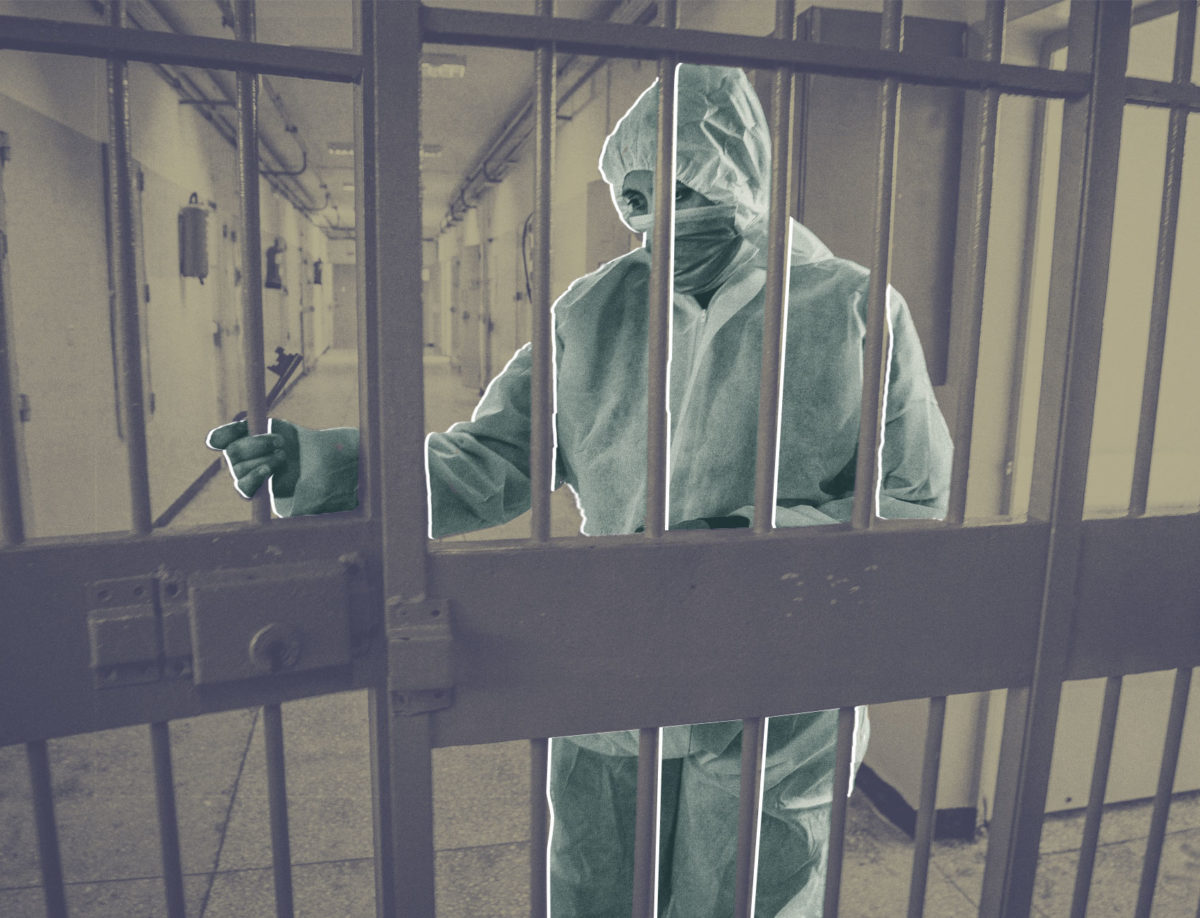
The report found that spread inside correctional facilities contributed to community spread, particularly in California, Florida and Texas.
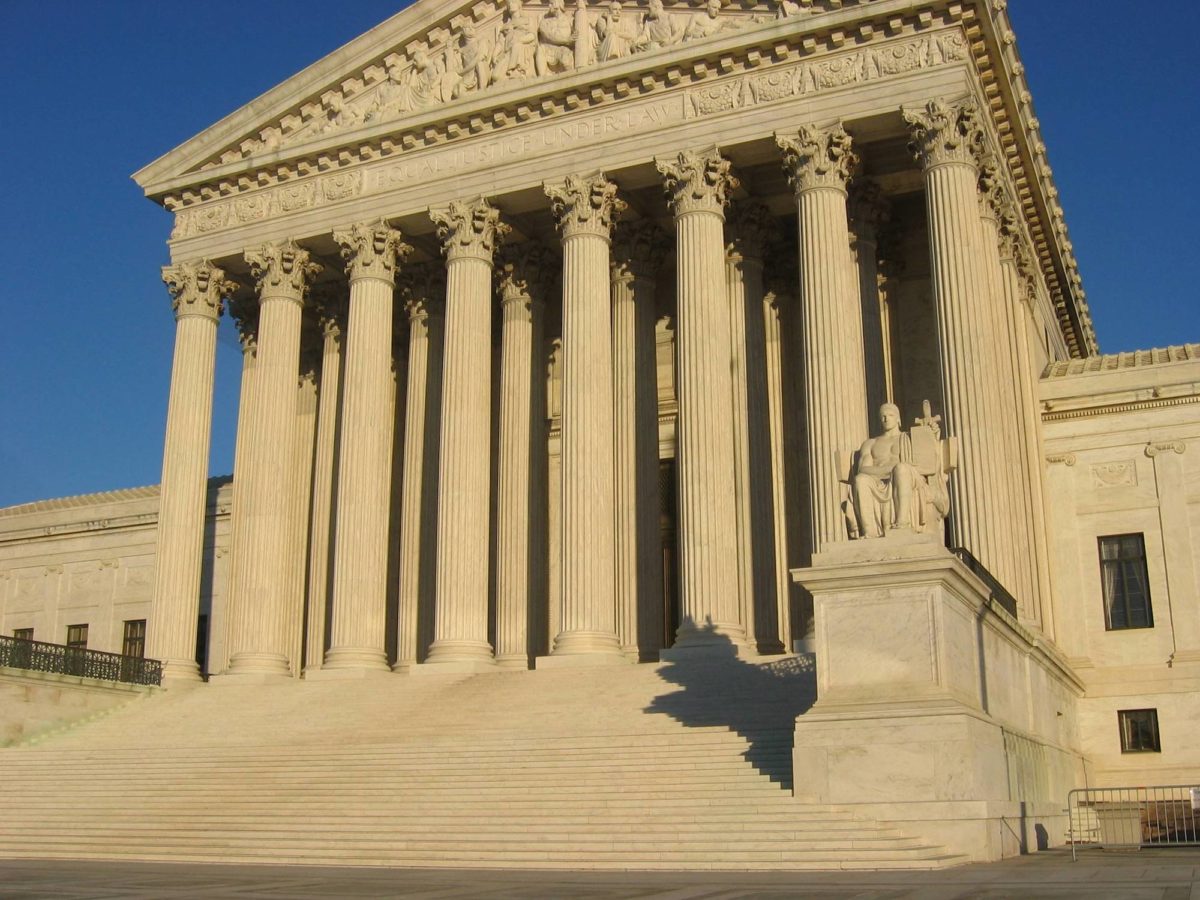
The Court’s willingness to infer discrimination against Judeo-Christian religions from poorly articulated remarks that accompanied a public health response to COVID-19 may make other laws and policies vulnerable to claims of religious discrimination as well.
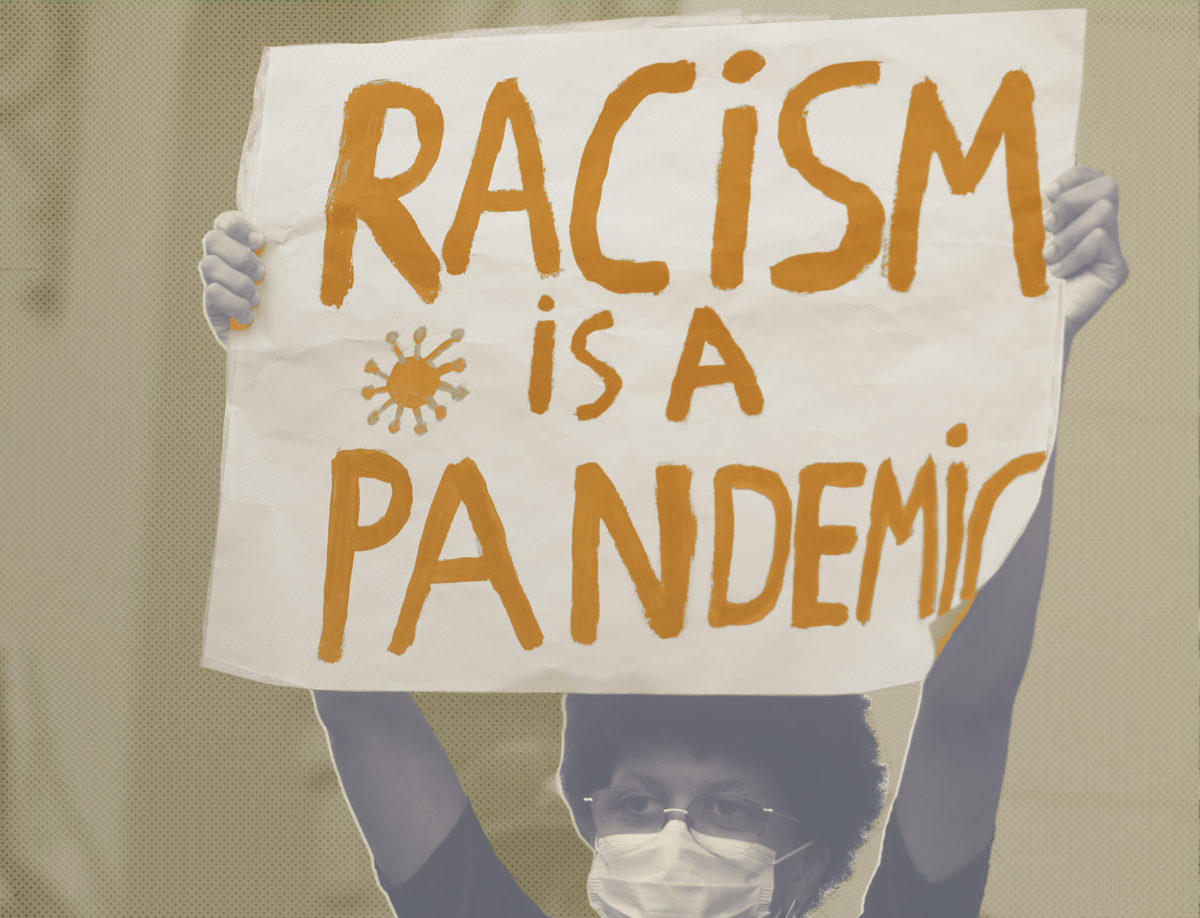
Members of Congress have introduced a bill that would create a National Center on Anti-Racism in Health.

About 20 people in the prison’s Badger section have been on hunger strike for the past few days, three people incarcerated there say.
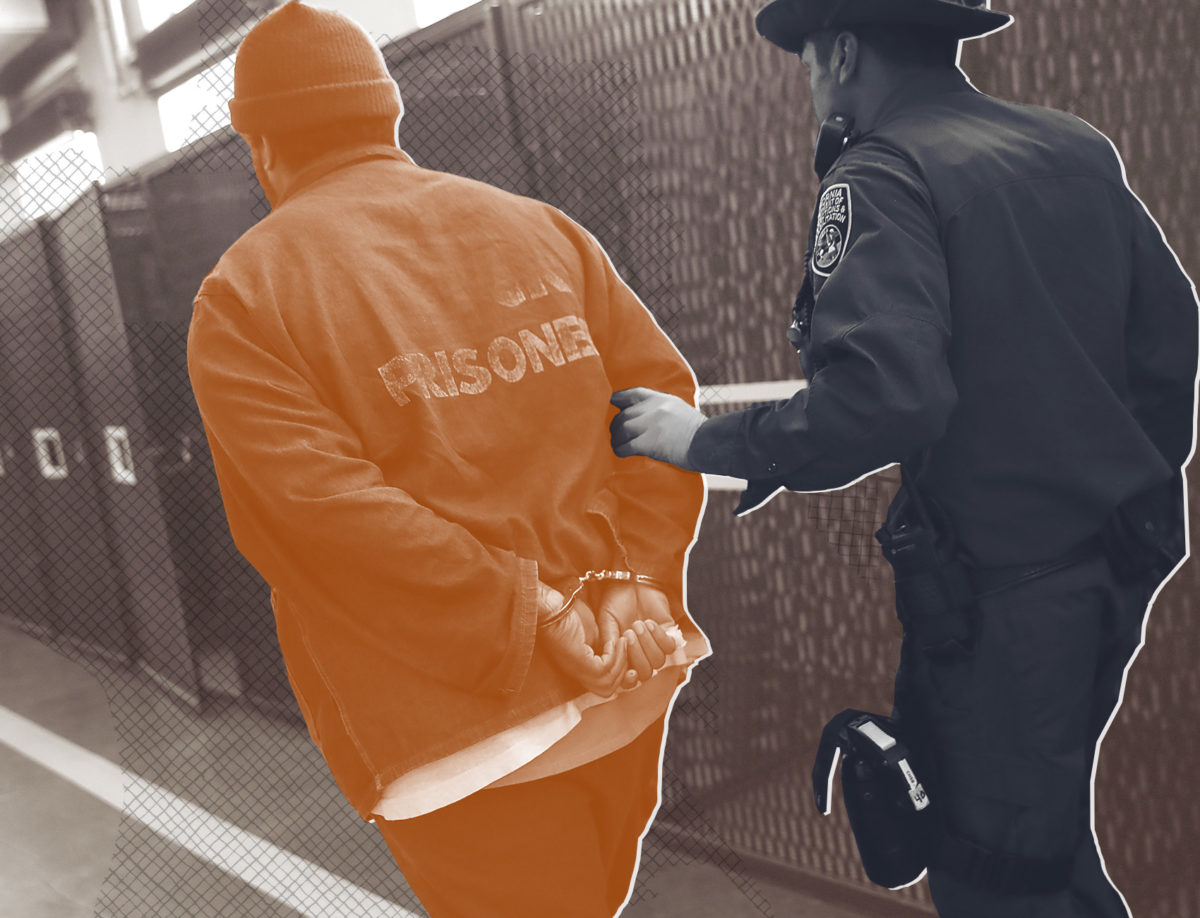
Prisoners are reluctant to report when they’re feeling sick, because they know they’ll be sent to solitary confinement.
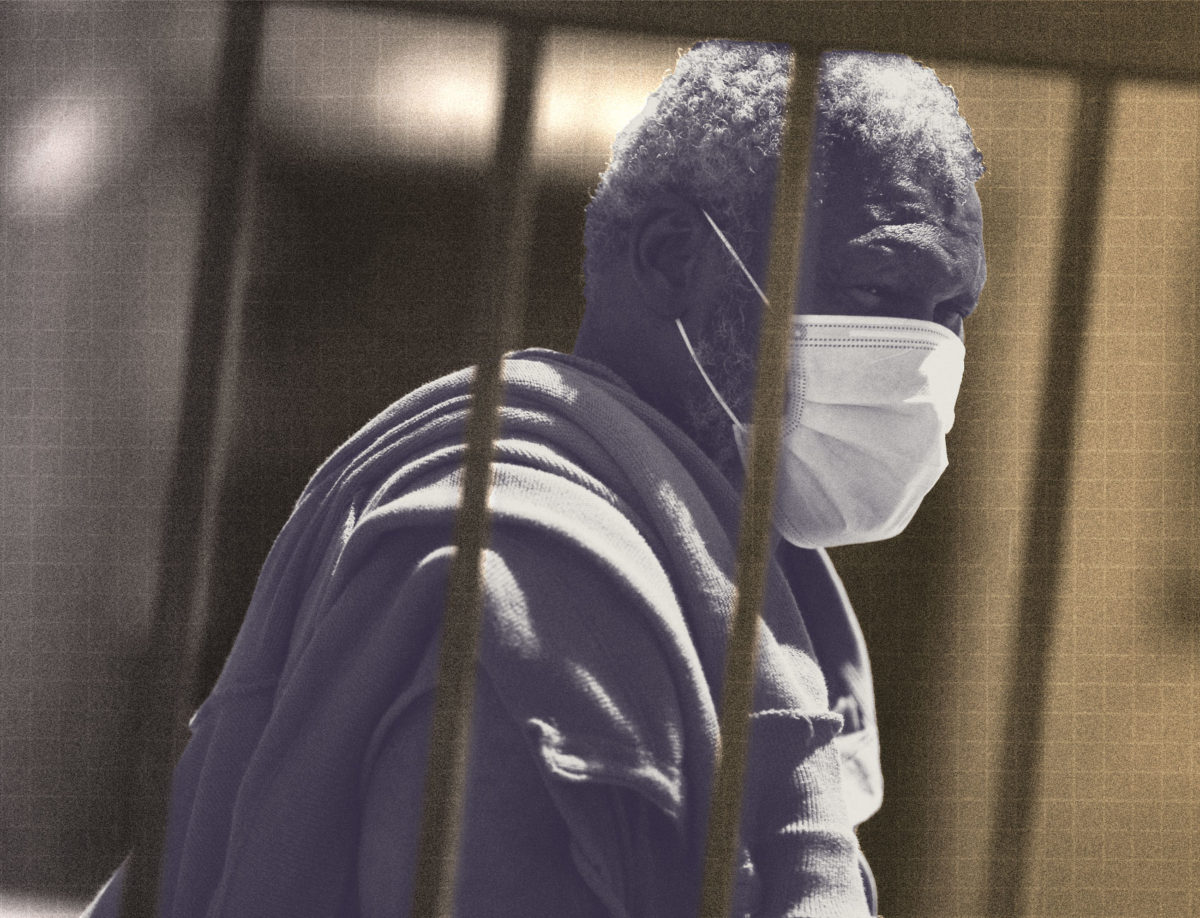
As the country reopens, we can’t quickly forget these failures of government, which have disproportionately harmed Black, Latinx, and Native people.
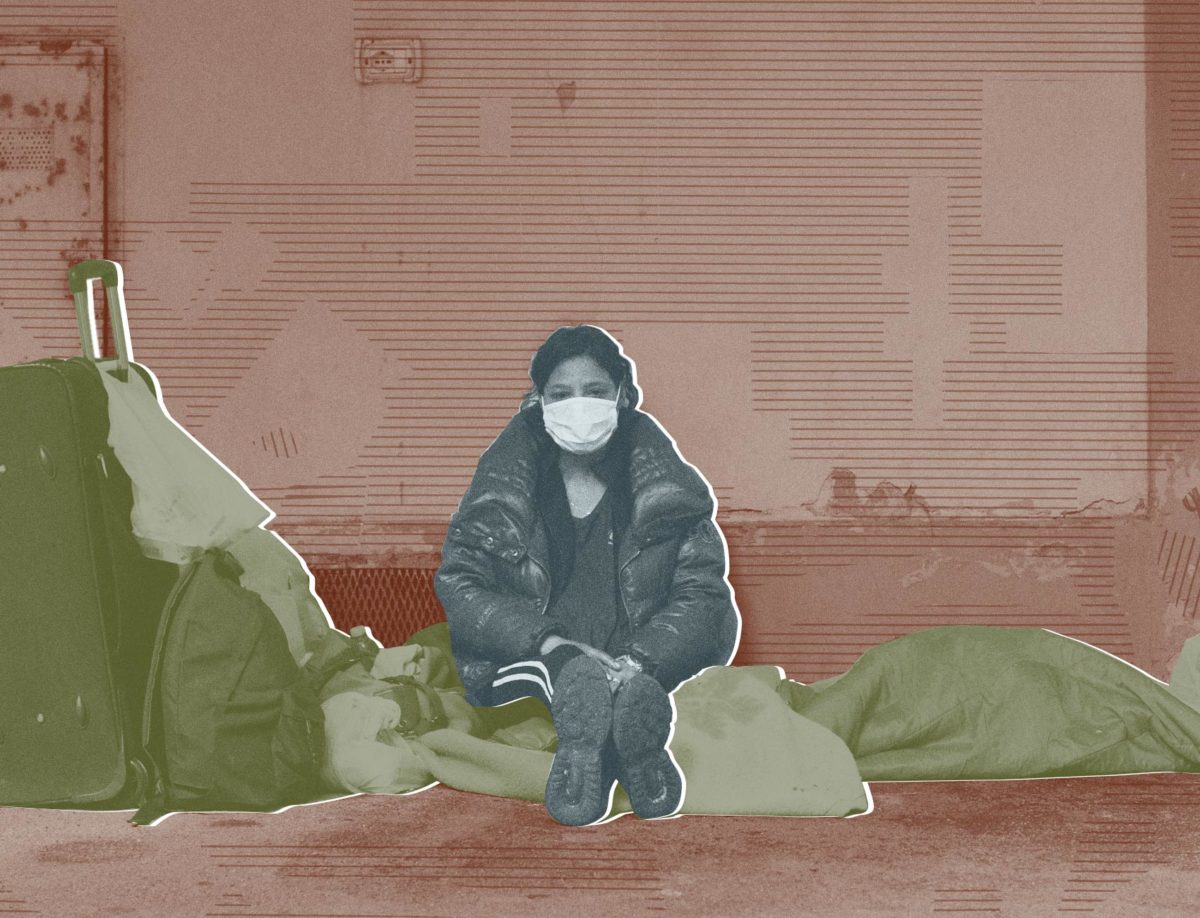
The city is flouting CDC guidance by continuing to dismantle homeless encampments during the COVID-19 pandemic, though it does not have nearly enough shelter space.
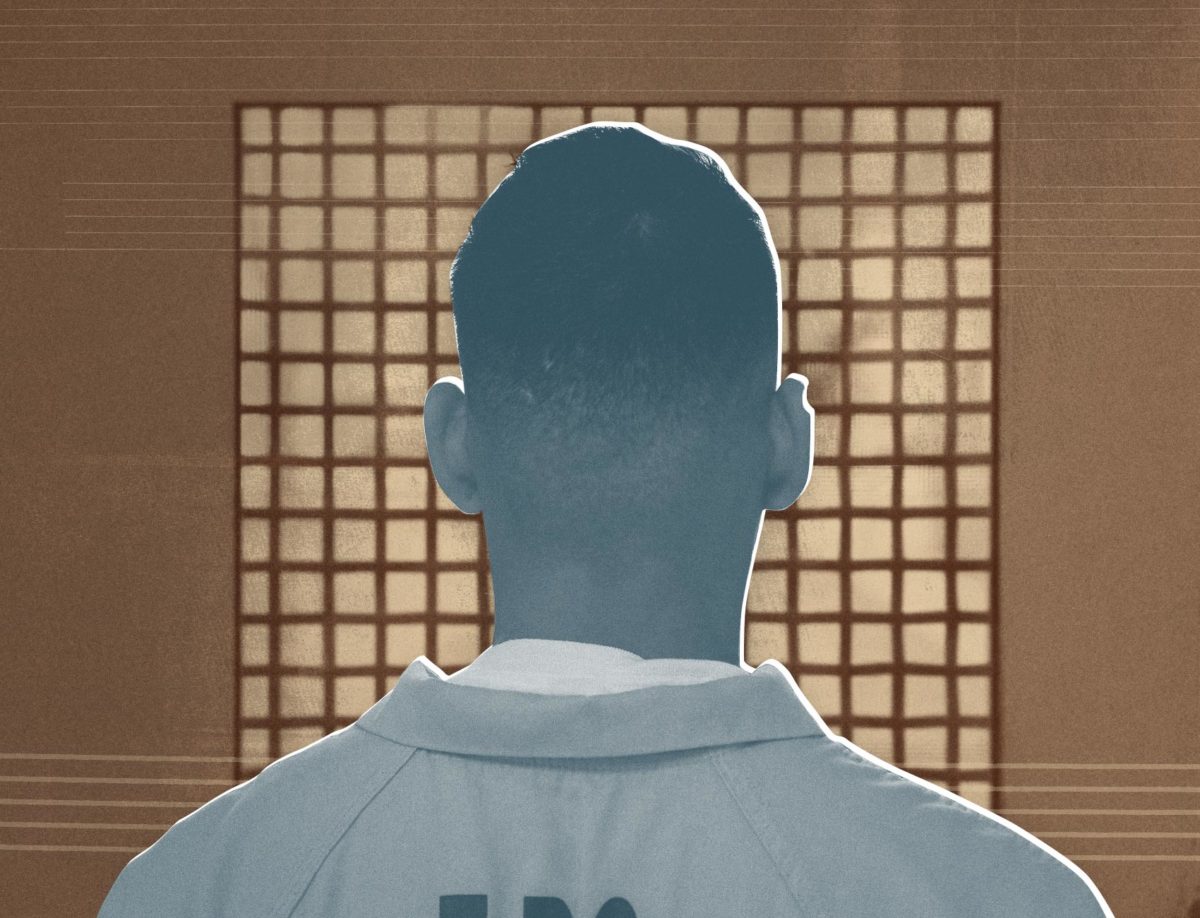
Hepatitis C has ripped through prisons and jails, despite more effective treatments for the disease. It is a comorbidity to COVID-19, and the pandemic threatens to cut already weak state funding for prisons to treat those with the disease.
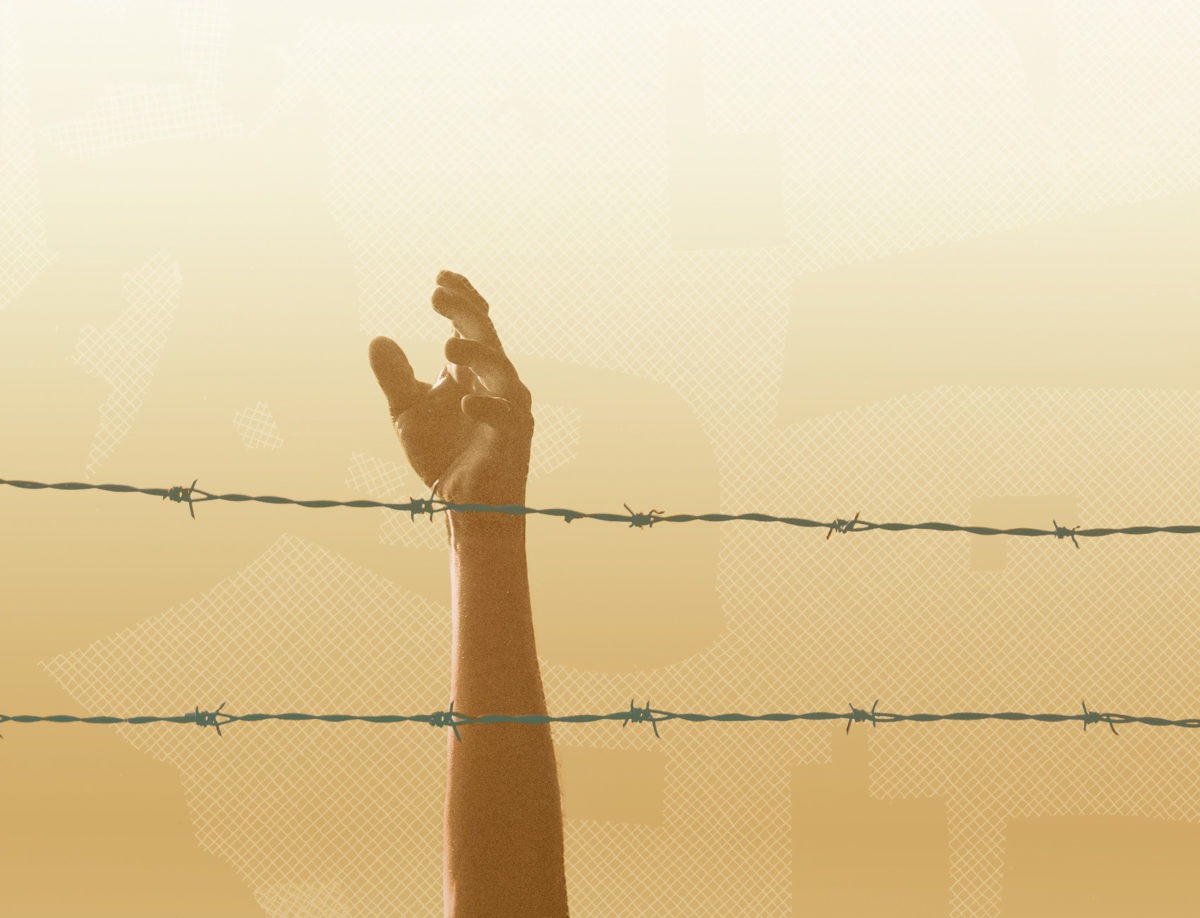
We did it in San Francisco. If we are smart about how we respond to COVID-19 in the criminal legal system, then we can simultaneously tackle two crises.
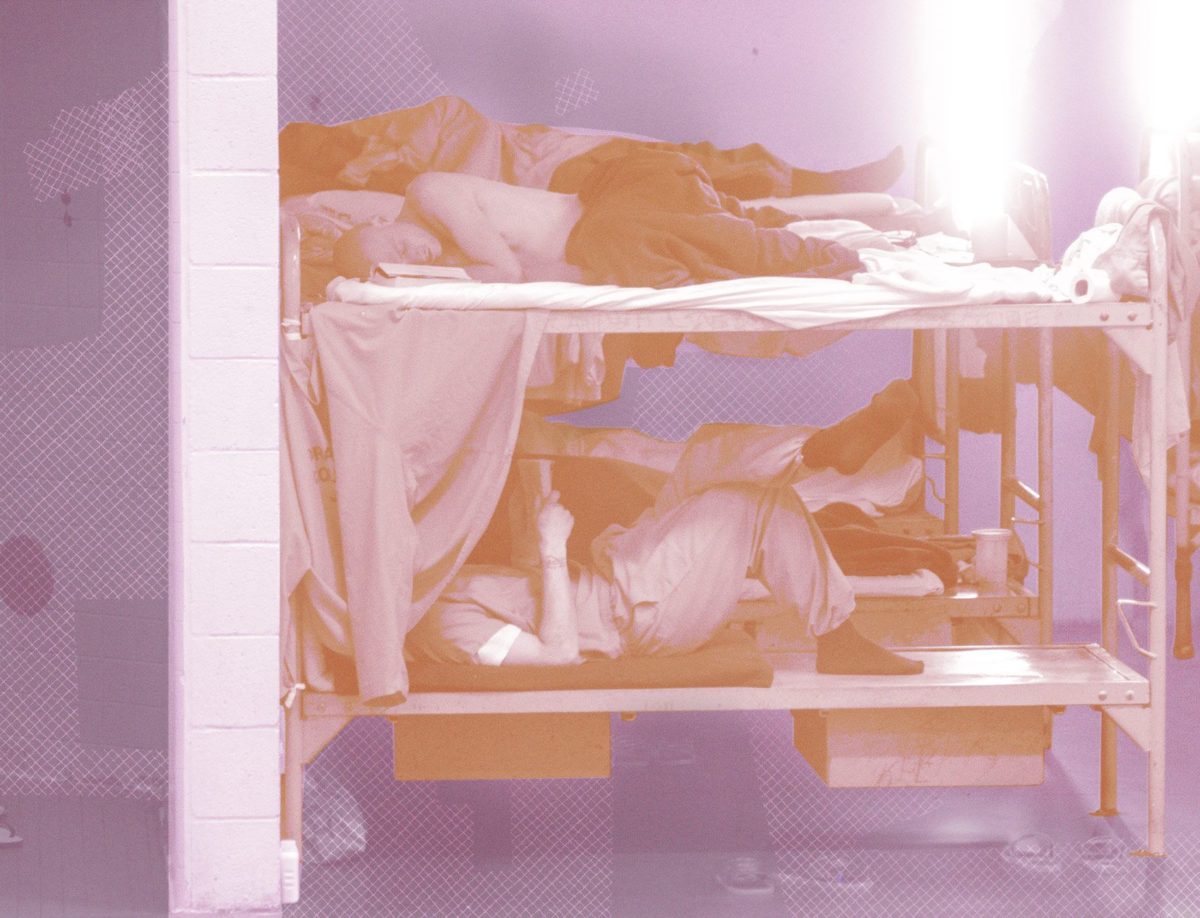
Criminal justice reform advocates question why the BOP plans to move people around rather than reduce prison populations.
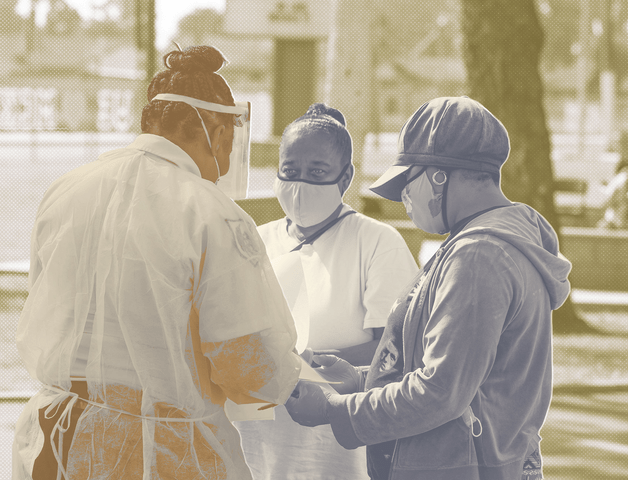
Segregation not only increases individuals’ exposure to the novel coronavirus, it also leaves them more susceptible to its effects and limits the quality of care they will receive, experts say.
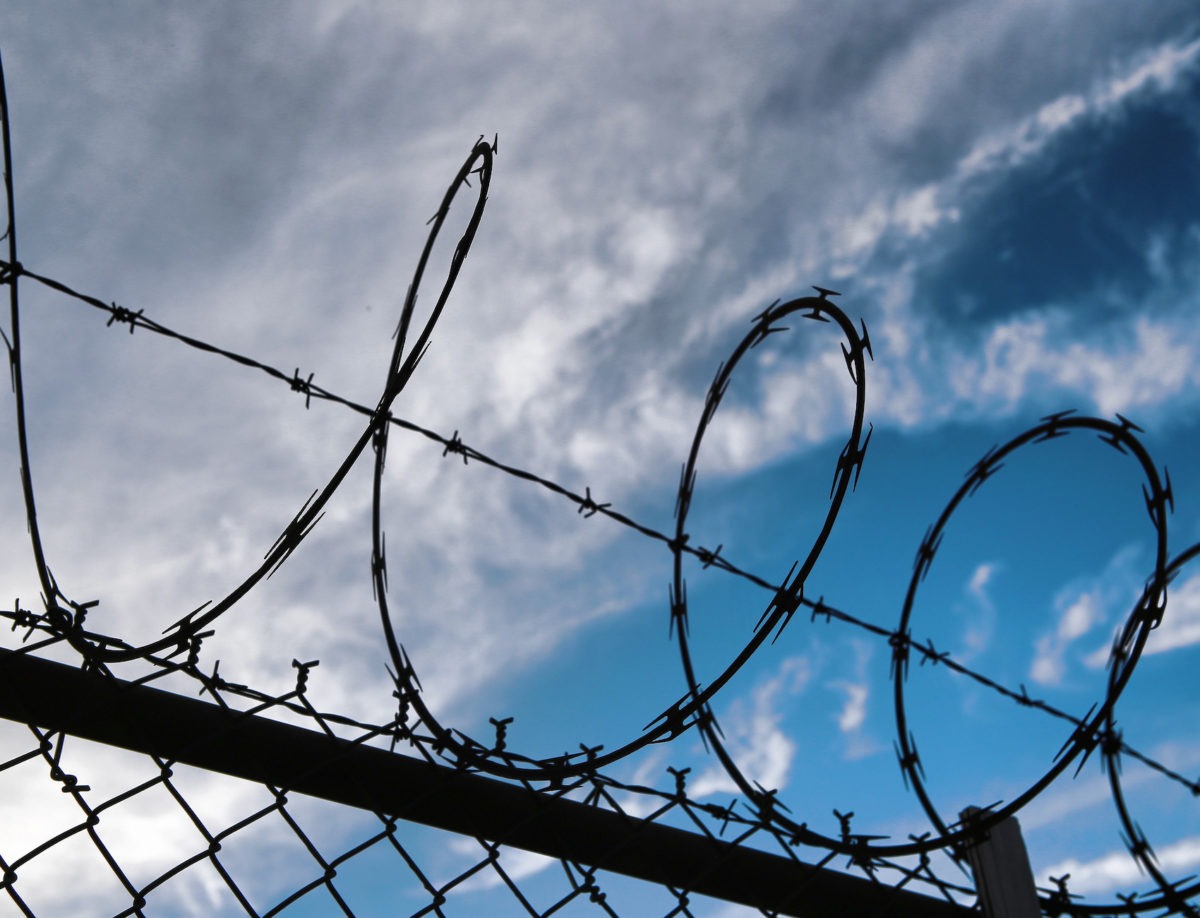
One prisoner says a man collapsed while waiting for a temperature check and was sprayed down with disinfectant as he lay on the floor. BOP denied it.
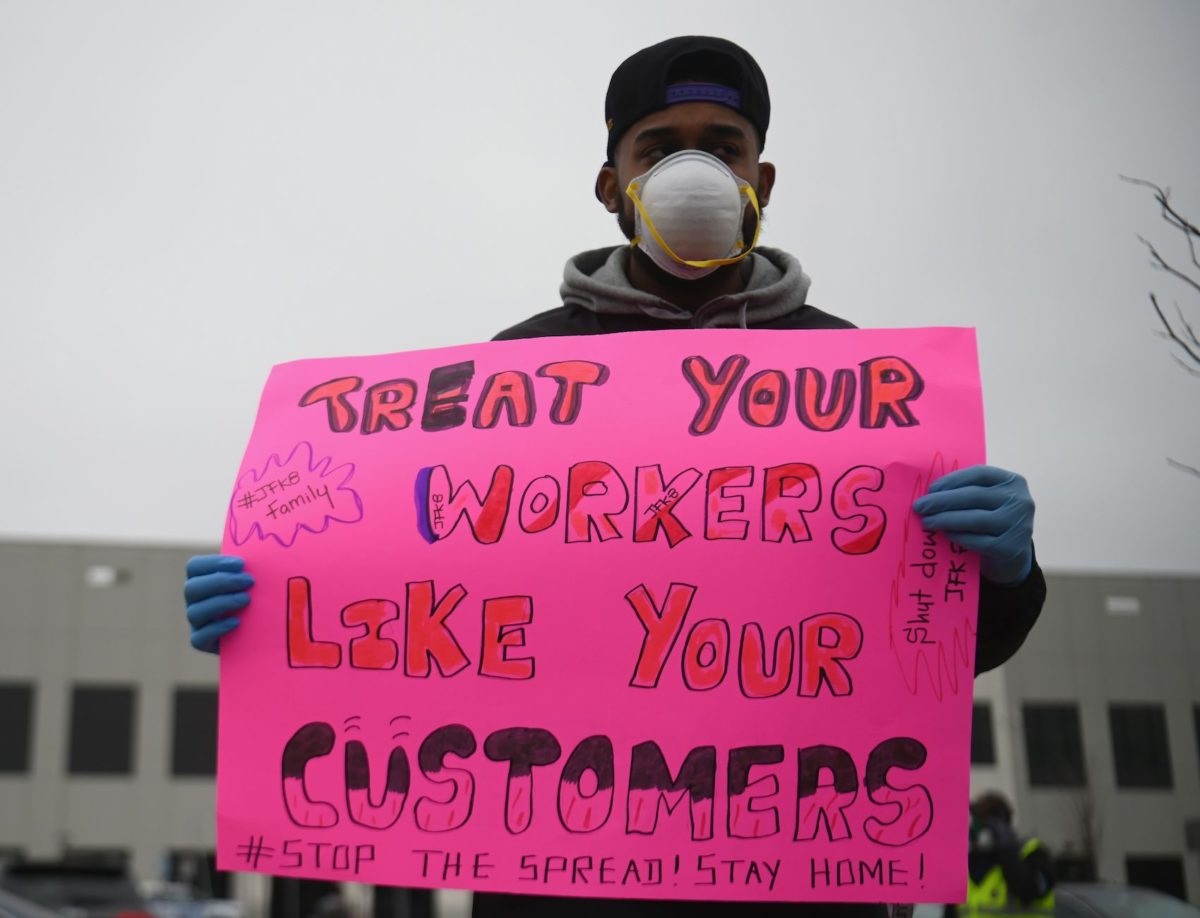
Warehouse workers say time pressure leaves them unable to properly wash their hands, and have reported an increase in mandatory overtime, which creates crowded conditions.
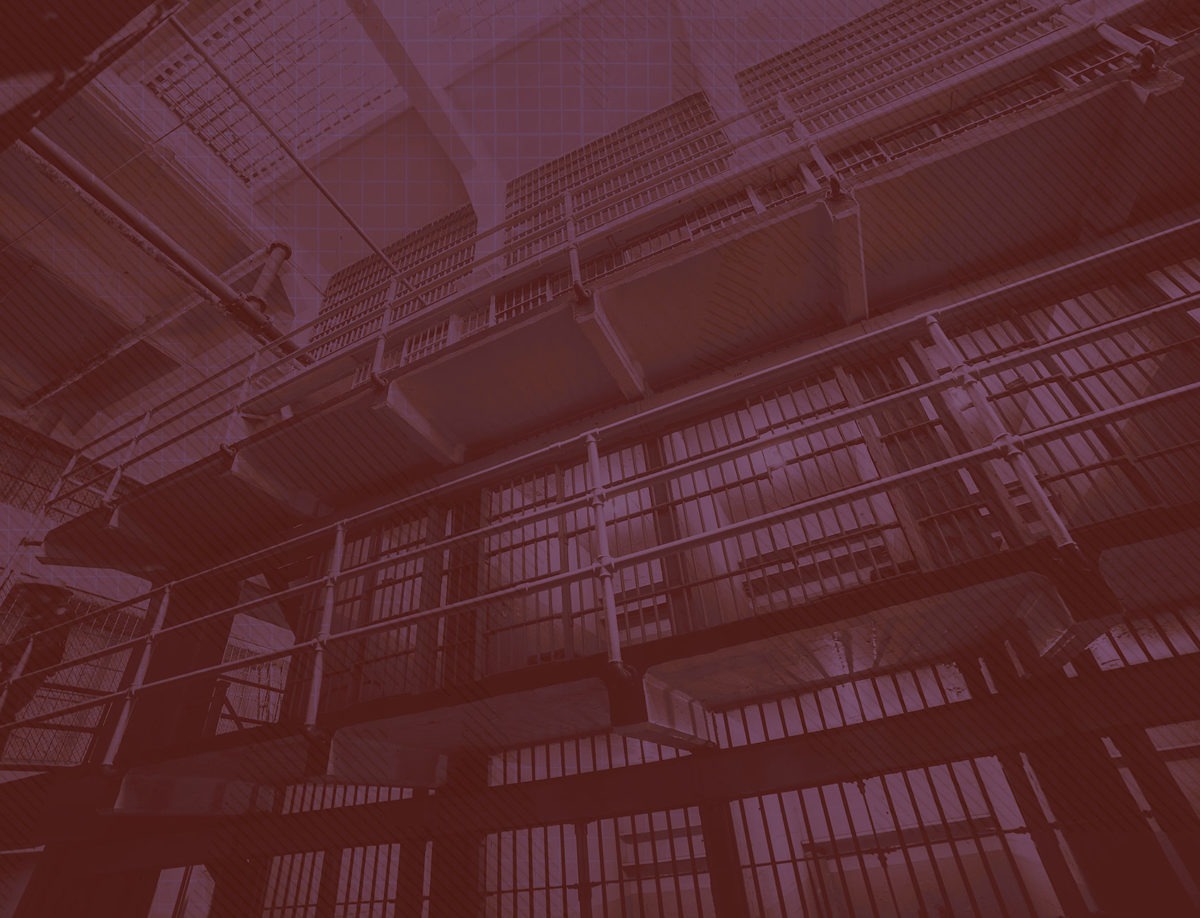
By letting people out now, we can avoid overwhelming our healthcare system with sick prisoners later.
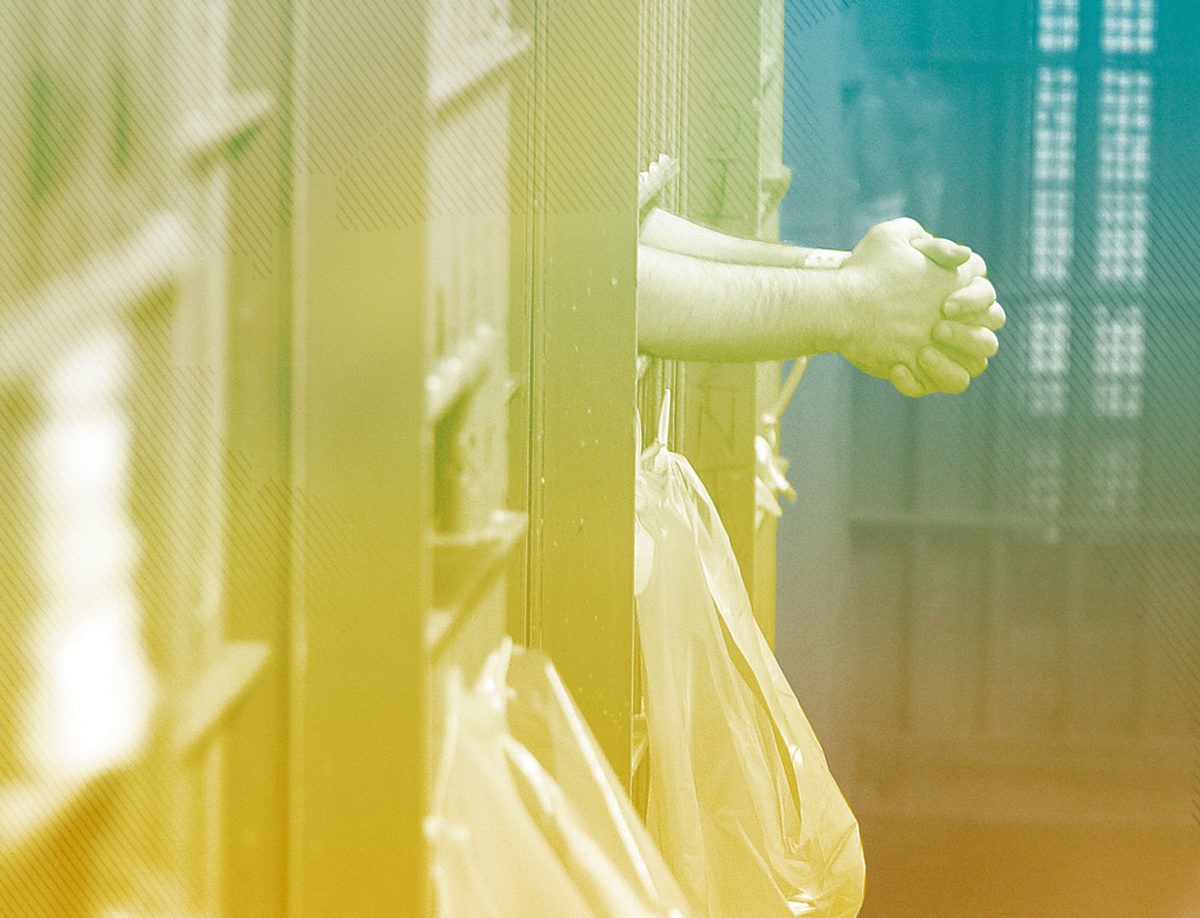
People are dying in jails and prisons because elected officials hesitated at the worst possible moment.
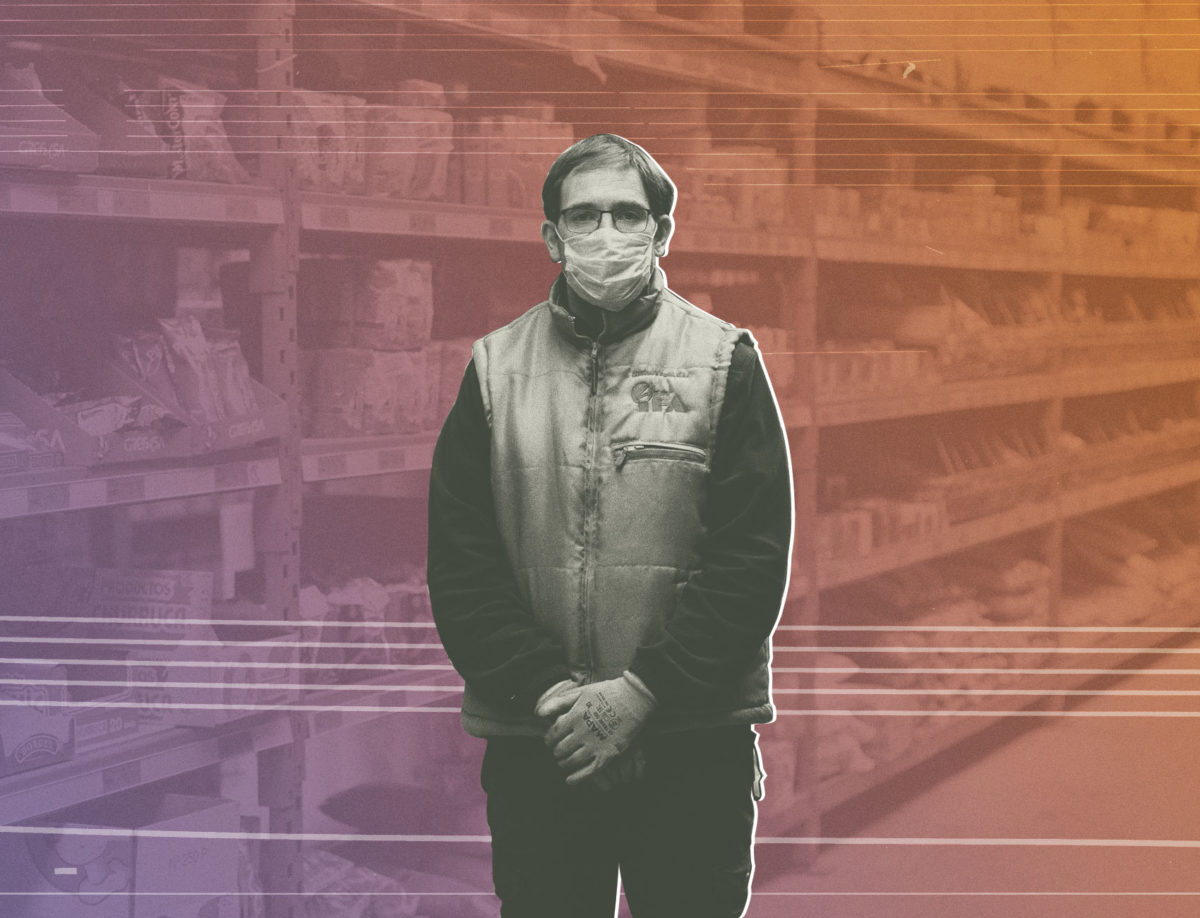
They make roughly half the average national income, and they’re at risk of COVID-19 exposure as they continue to work to ensure shelves are restocked and communities fed.
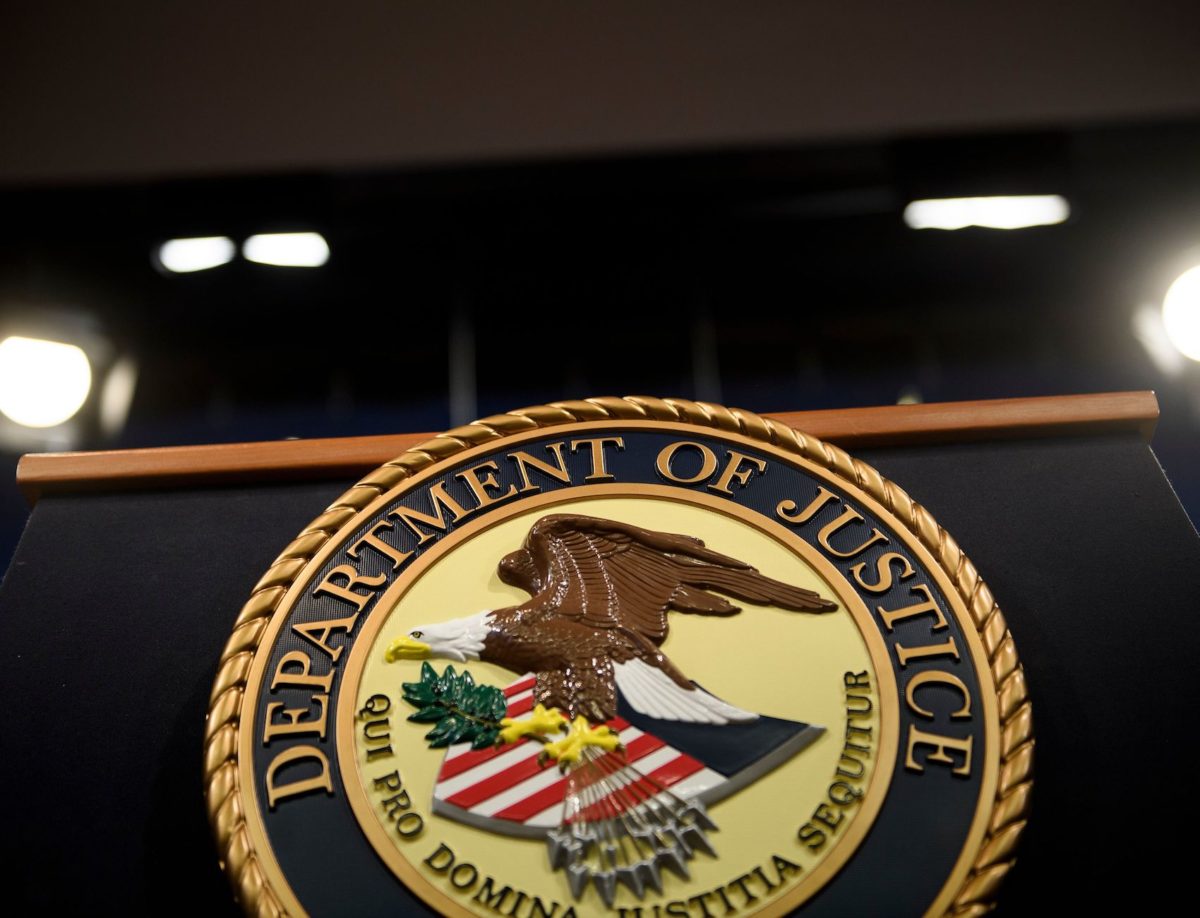
Experts are urging large-scale releases. But the Department of Justice often operates contrary to expertise.

‘They’re not supplying us with masks, they’re not supplying us gloves, they’re not supplying us with decent cleaning supplies.’
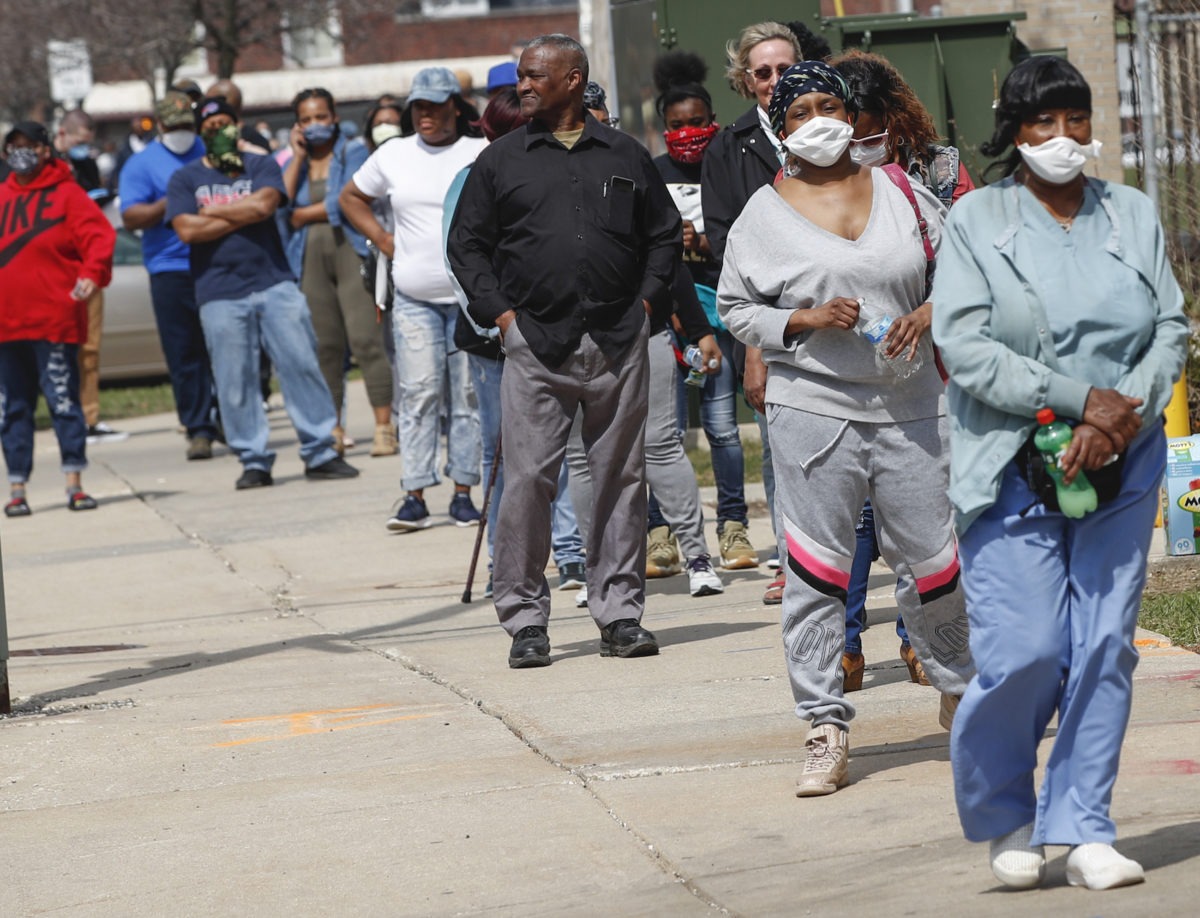
‘We literally held an election during a pandemic.’
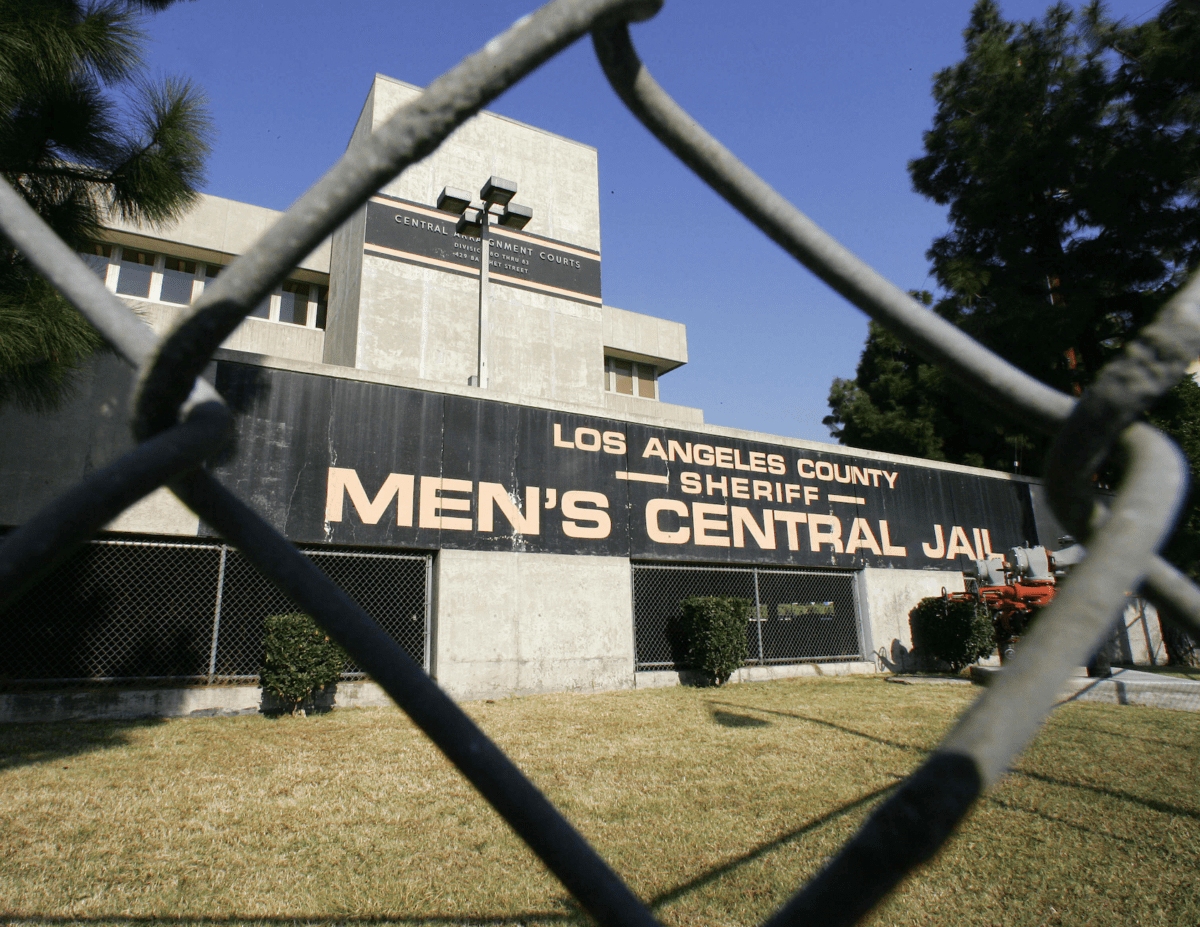
Bail will be set at $0 for most misdemeanors and low-level felony offenses.
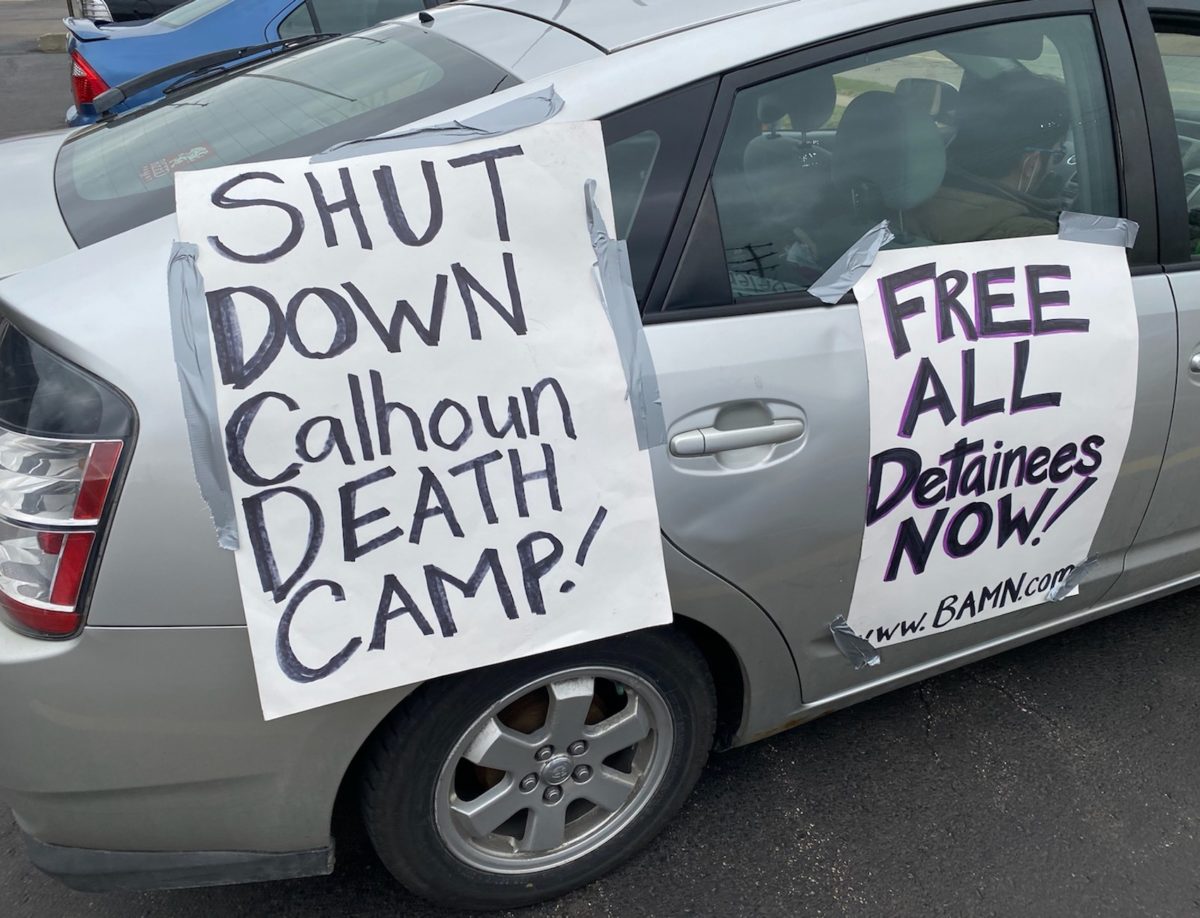
ICE has adopted no policies aimed at releasing any of the 38,000 people it keeps in county jails and private detention centers across the country.

There are no good reasons for the president to keep vulnerable people behind bars any longer.
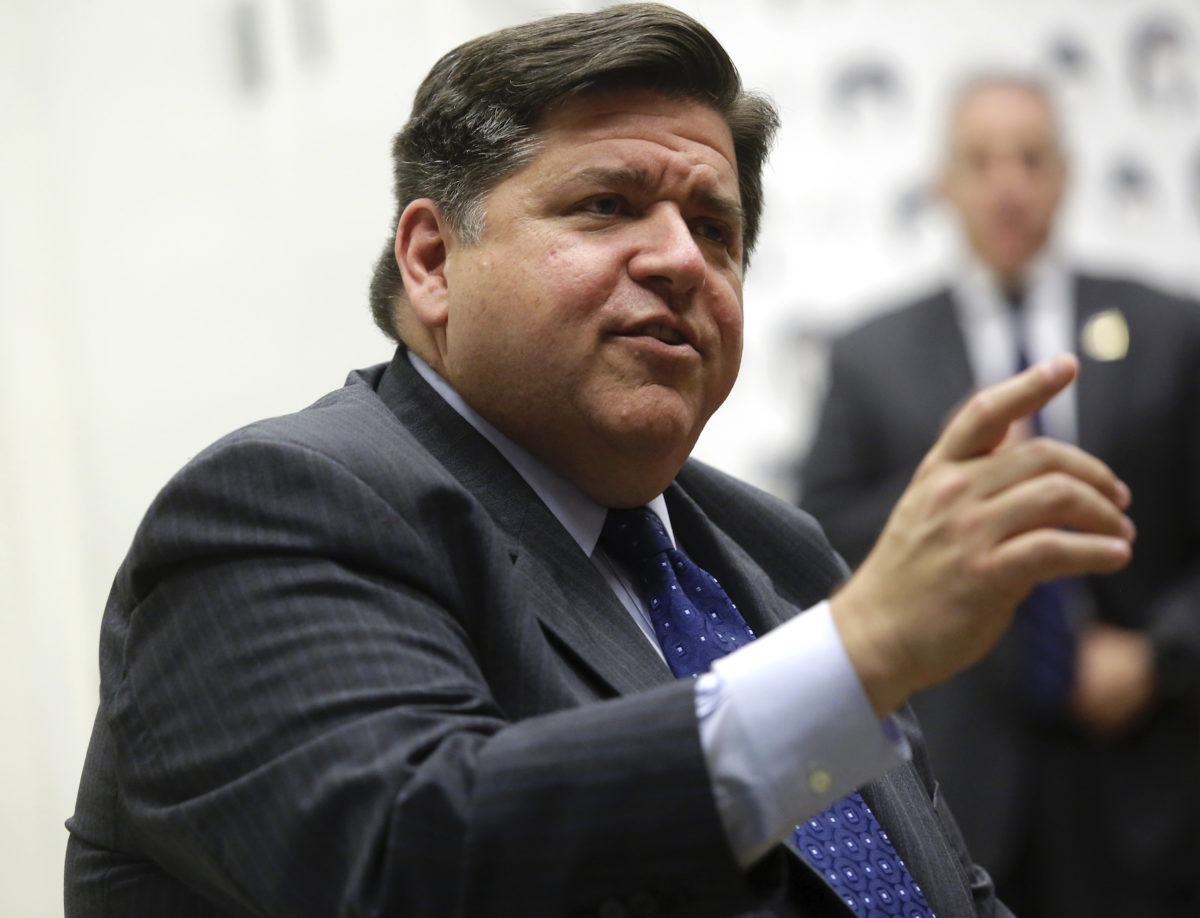
Prisoners are “especially vulnerable to contracting and spreading COVID-19,” Illinois Governor J. B. Pritzker wrote in his executive order.
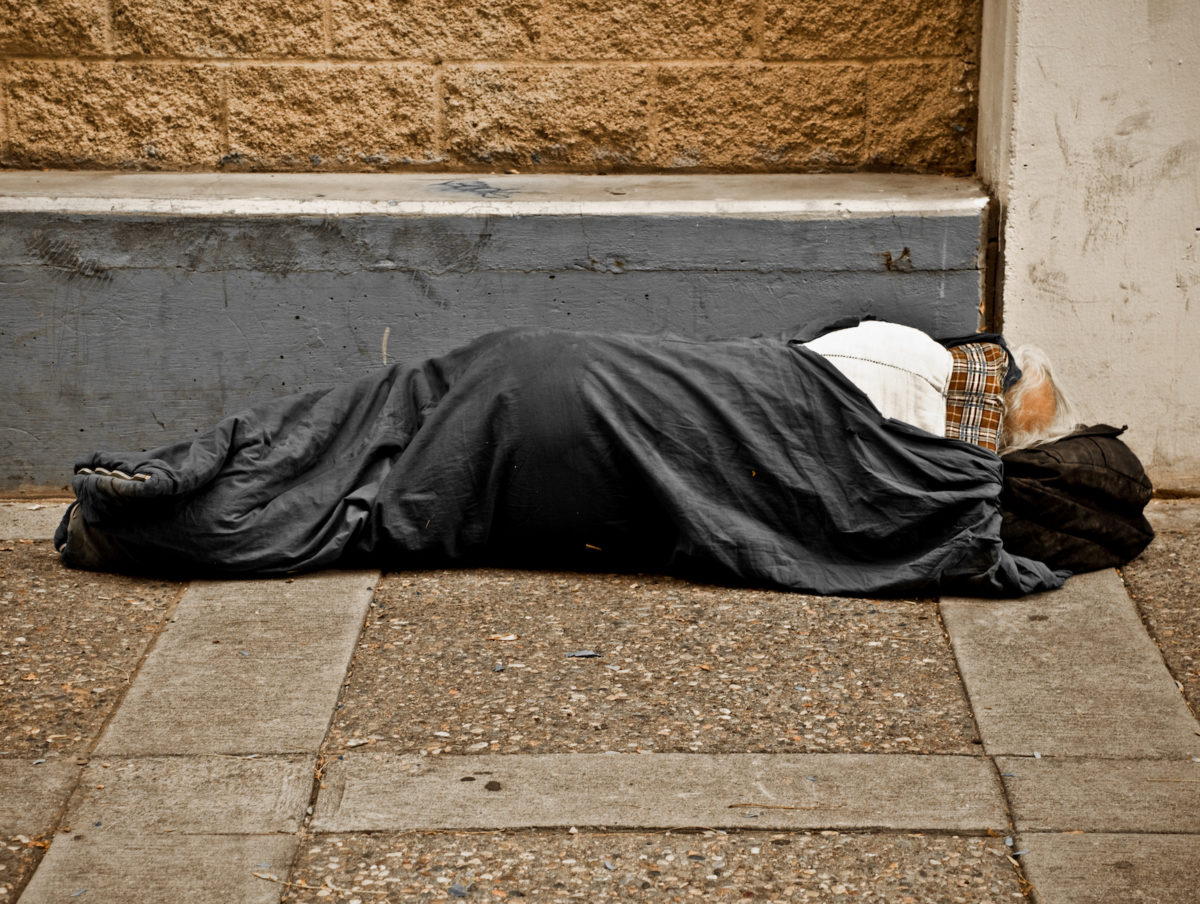
The COVID-19 crisis is shining a light on America’s worsening housing crisis and limited resources for response.

Advocates for the area’s homeless residents say the pandemic will worsen the crisis they have already been living through.
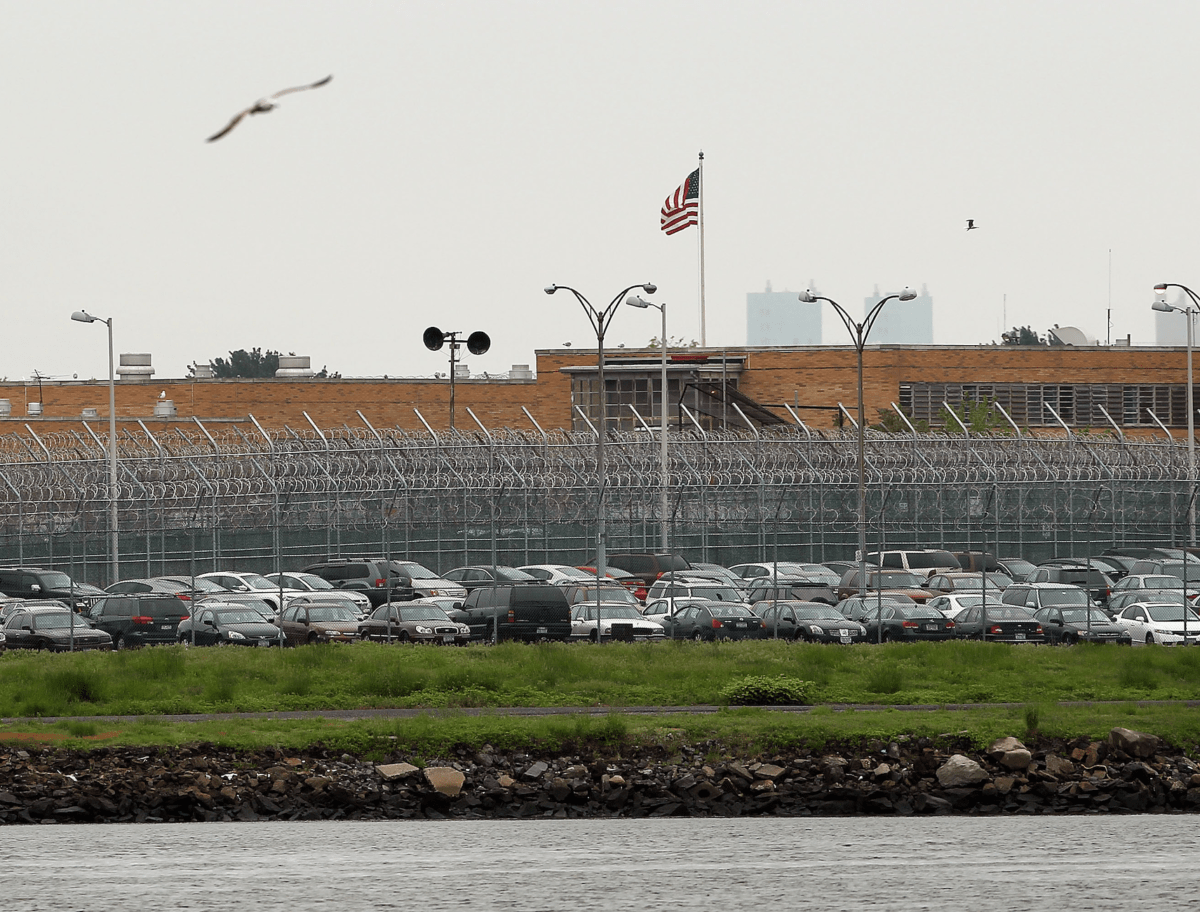
“Based on this analysis, New York City jails have become the epicenter of COVID-19,” a Legal Aid attorney said.
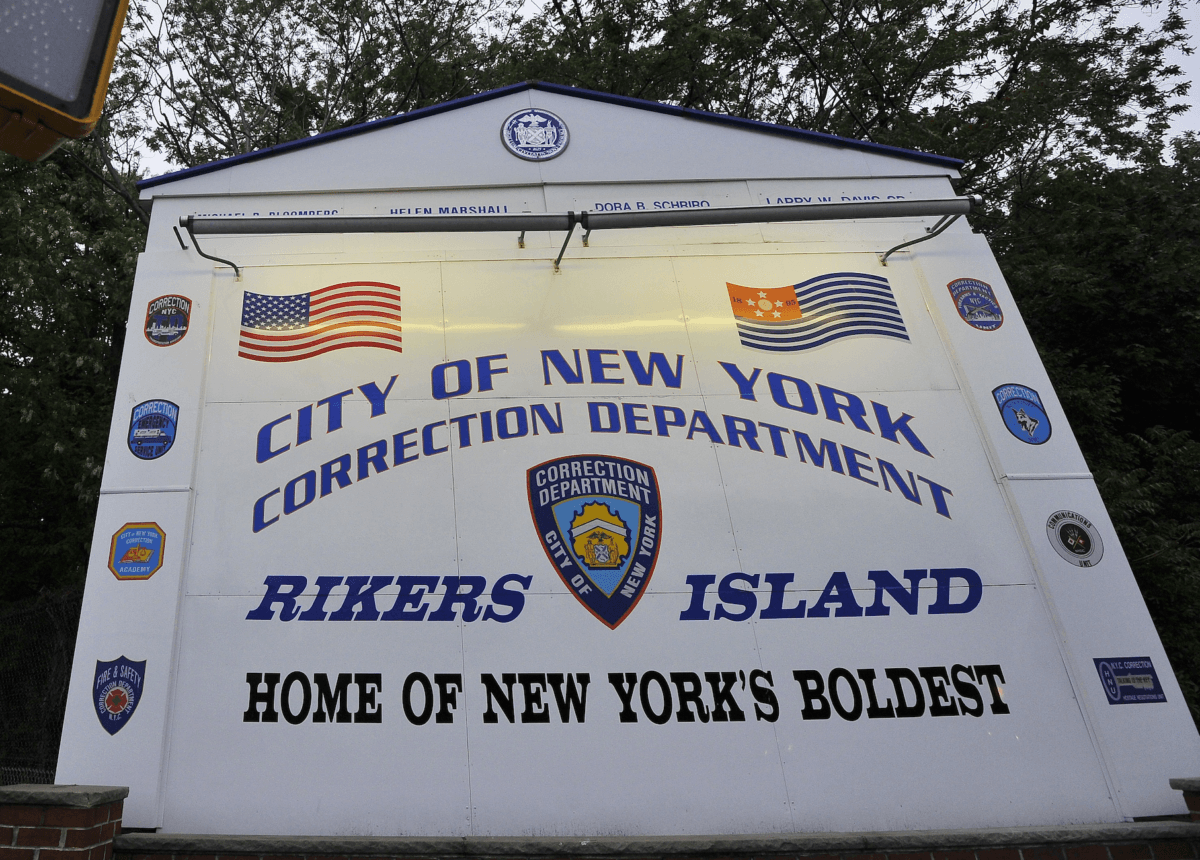
“The doctors said they were going to come and do screenings every day, but for the past two days, they’ve just come into the dorm and stood by the front door and yelled, ‘Does anybody have any symptoms?’”
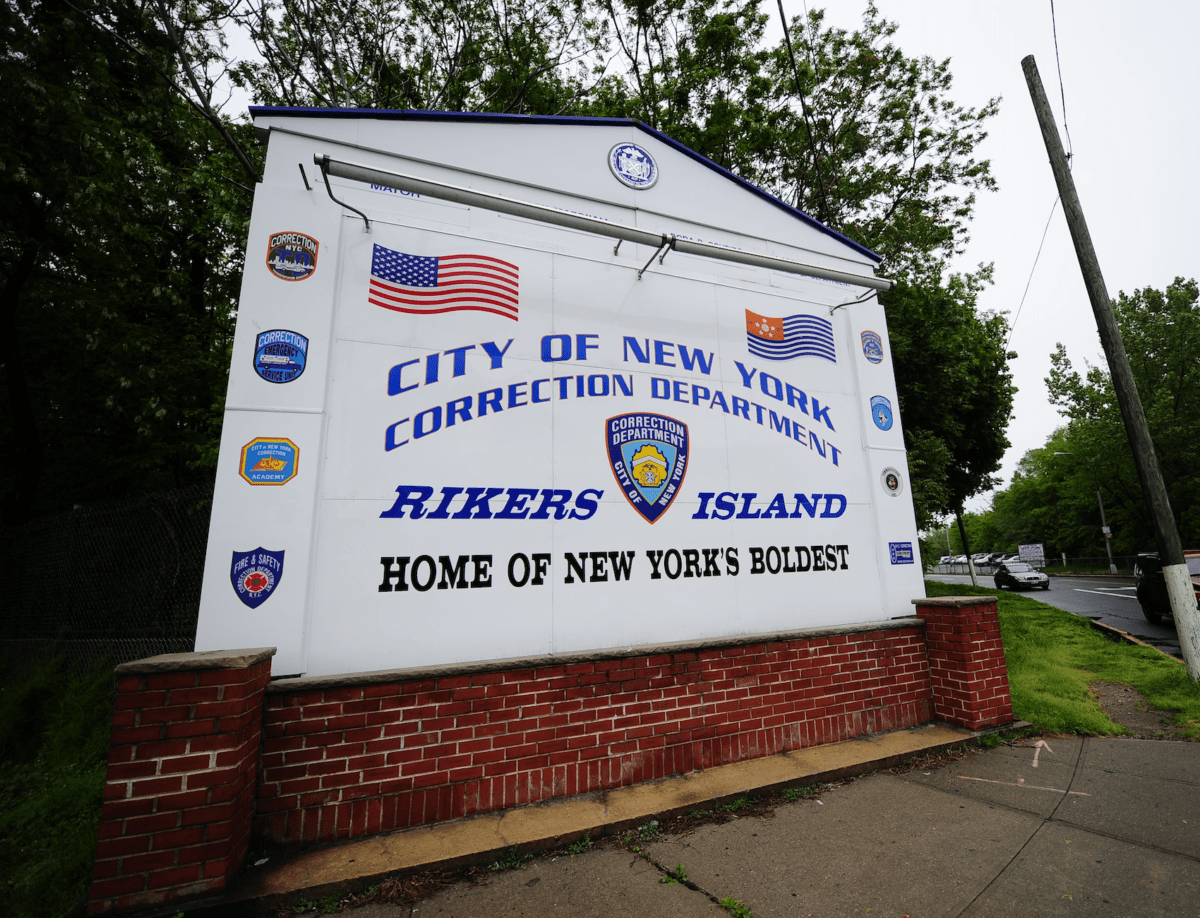
“Still no hand sanitizer, no bleach.”

The island’s Communicable Disease Unit is already overflowing with quarantined people.
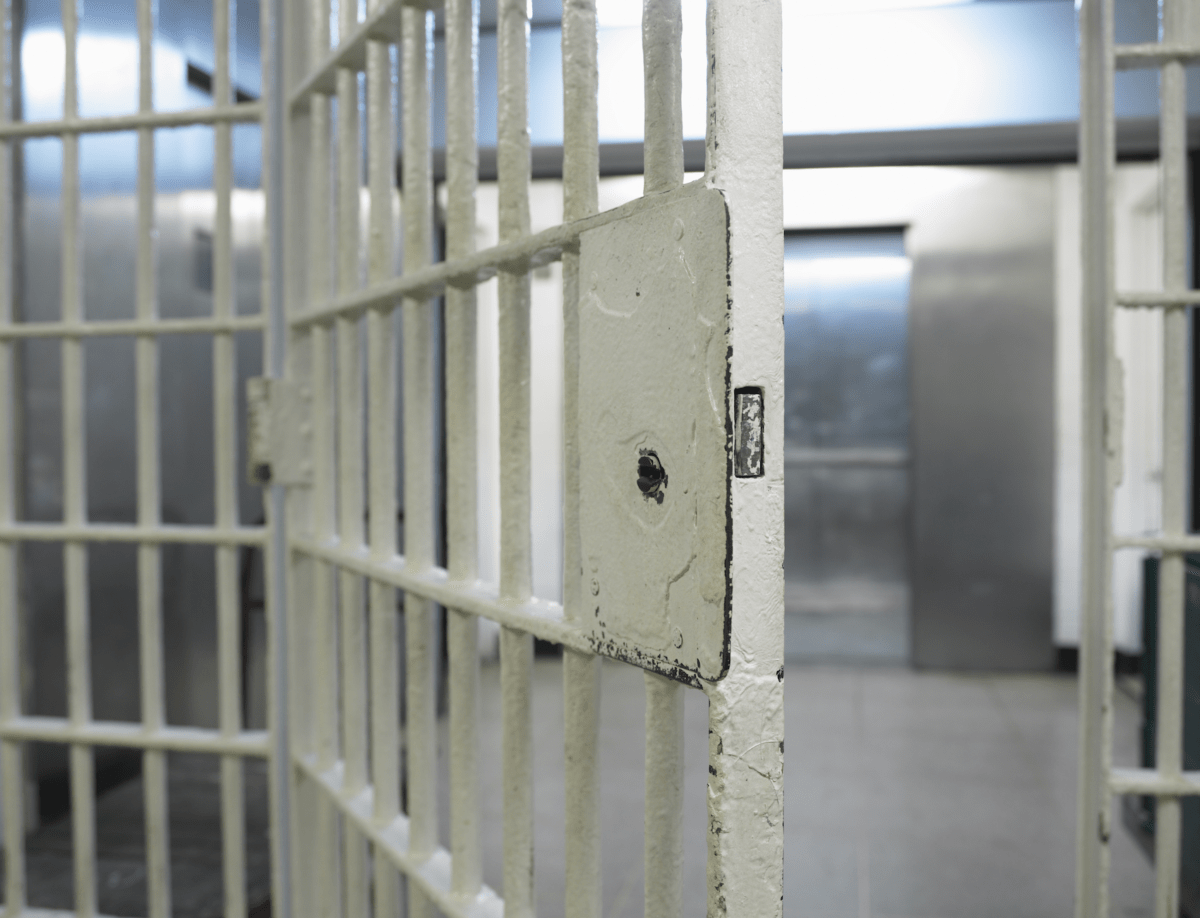
Up to 1,000 people will have their sentences delayed or suspended.

While those facing charges appear by video at arraignments, all others—attorneys, officers, the judge—are in the courtroom in close quarters, defense attorneys say.

A new report shows broad bipartisan support for care in response to crisis
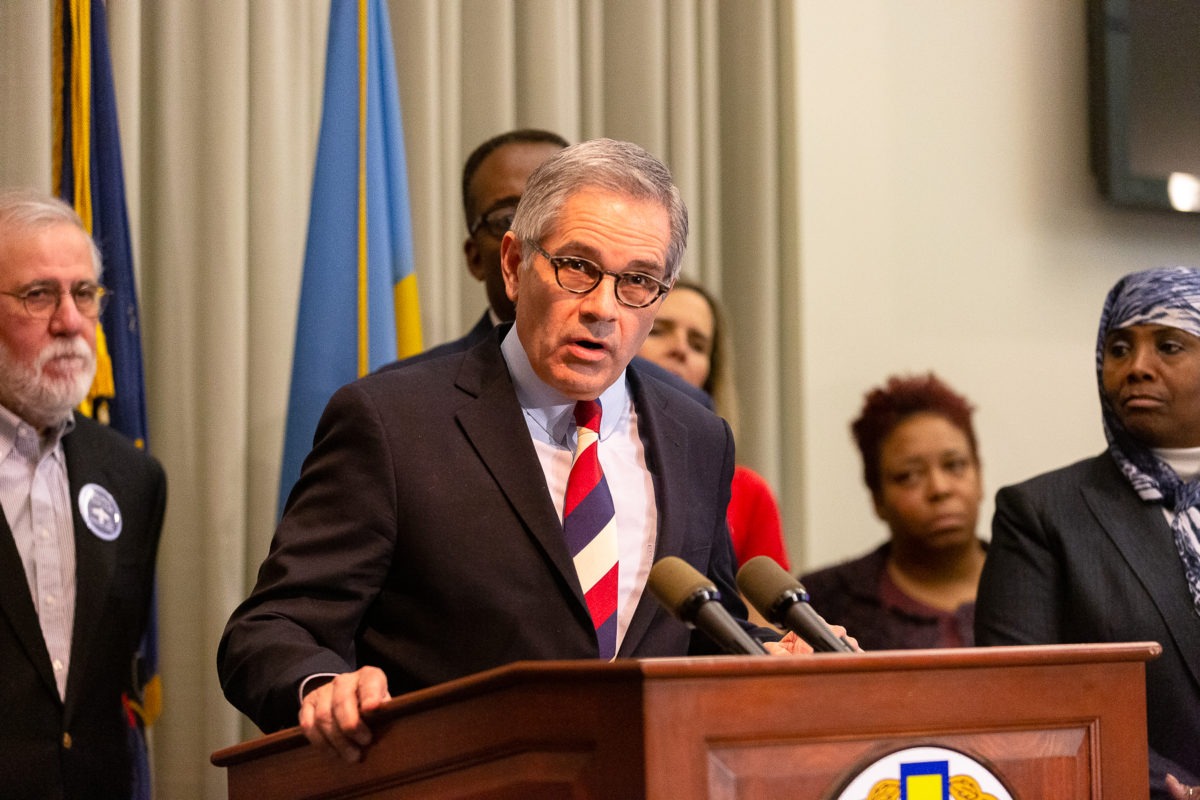
In a joint statement, they emphasized the need to reduce the number of people currently incarcerated in order to contain the deadly COVID-19 virus.
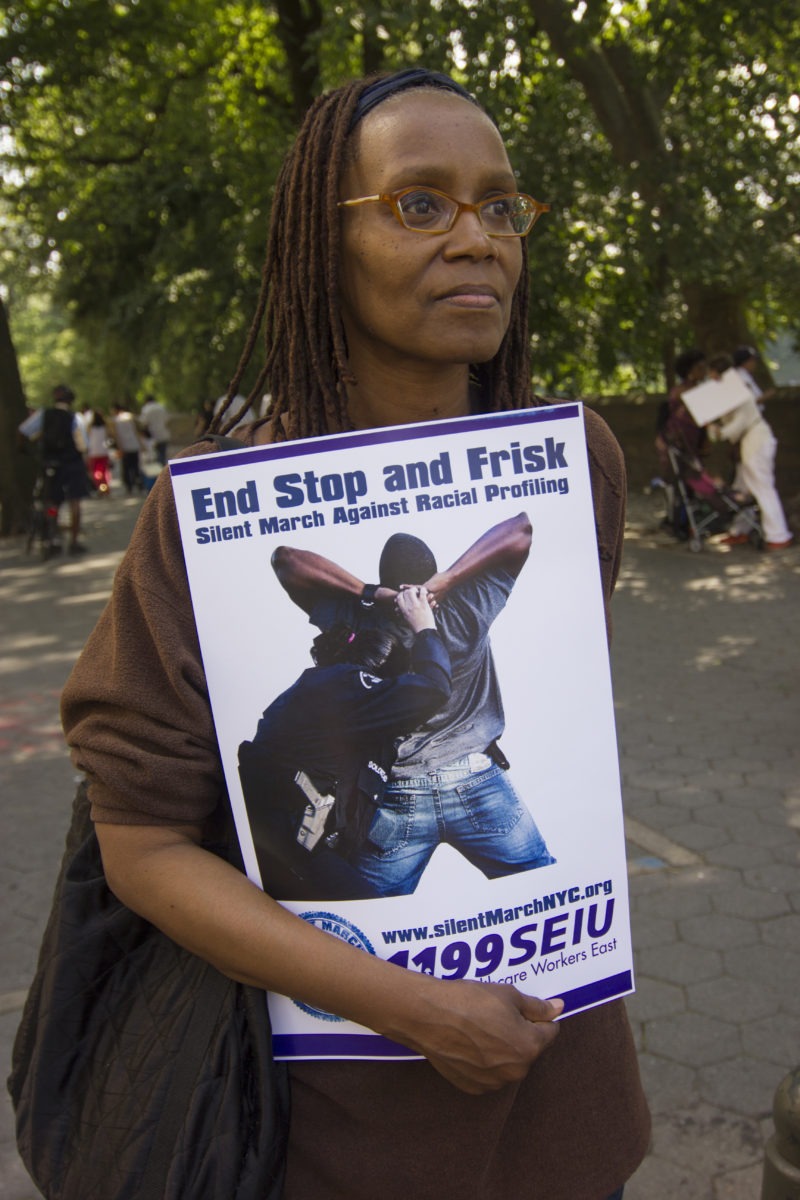
“A public health approach neither accepts harm as a given nor accepts punishment as prevention.”
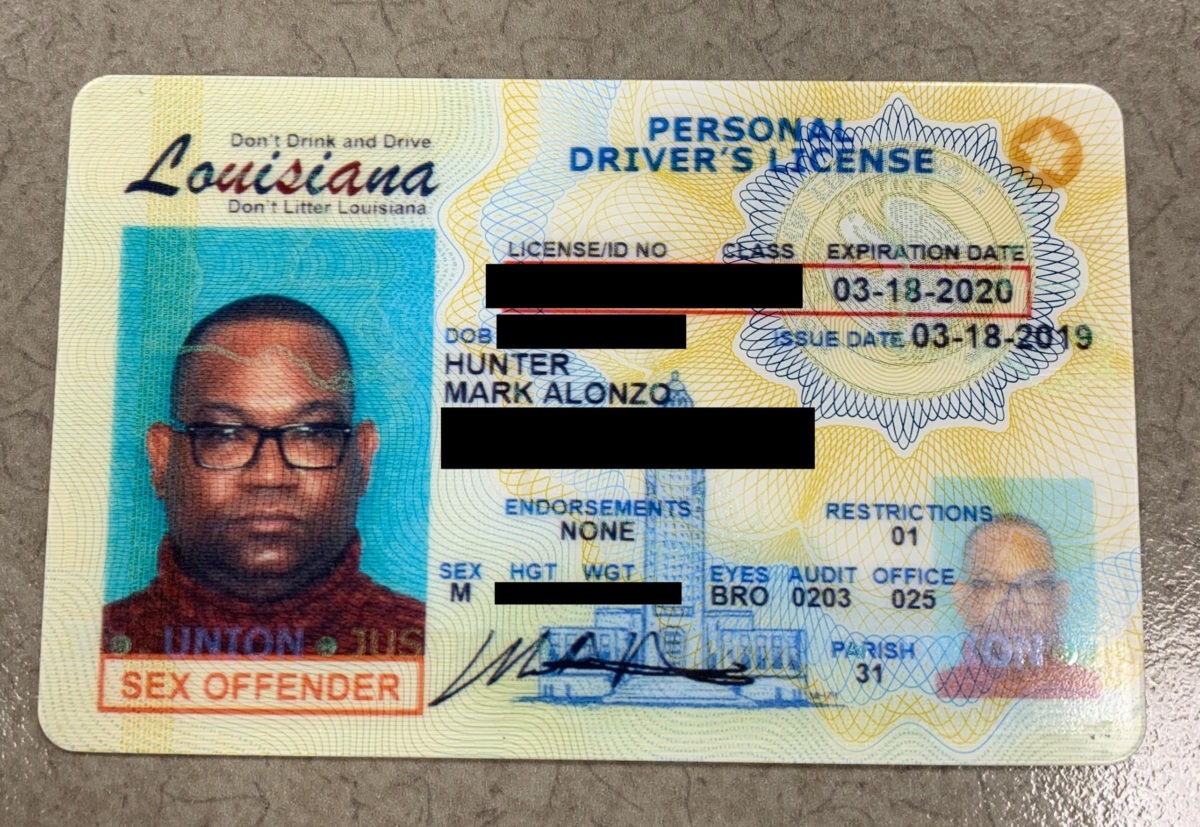
Advocates say laws that land people with HIV on the sex offender registry are outdated and dangerous.
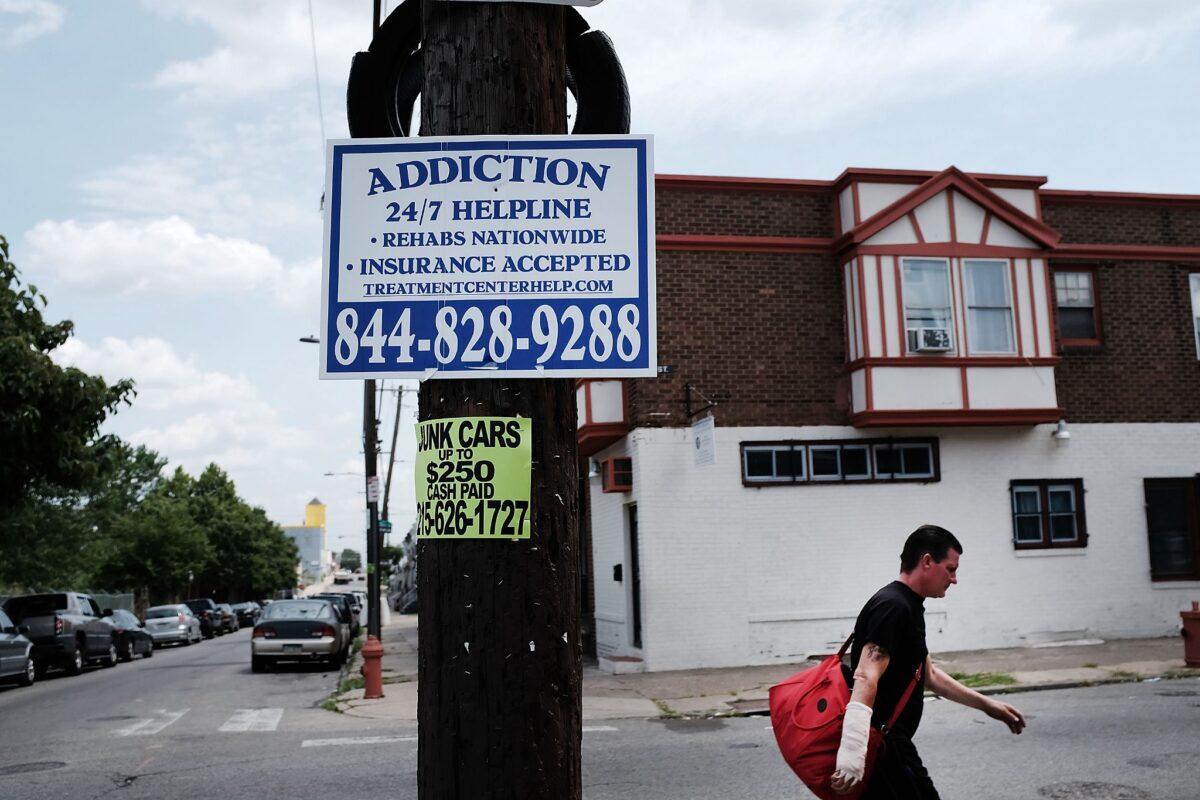
A new report from The Sentencing Project offers a blueprint for putting an end to a deadly epidemic.
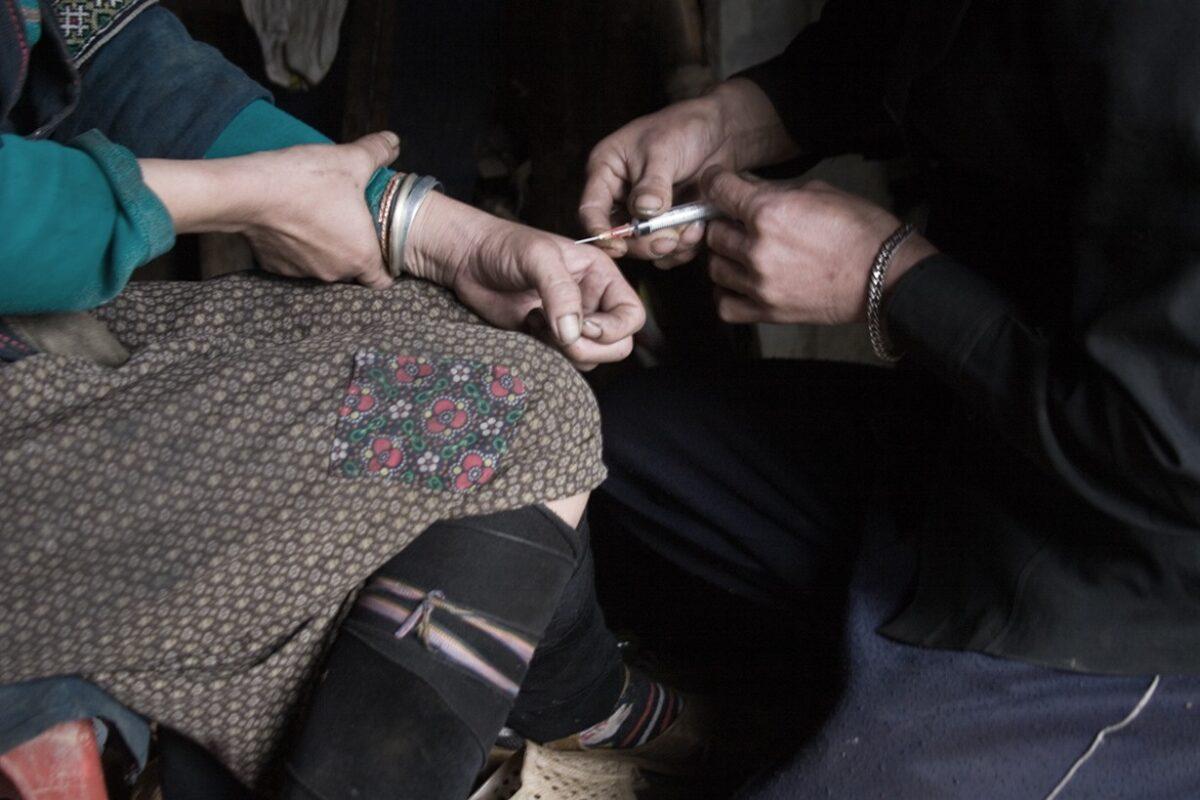
For years, Indiana has been at the center of the national conversation about opioid addiction, which has ravaged the state since the late 1990s. Between 1999 and 2014, the number of drug overdoses skyrocketed 500 percent. There was also a 60 percent increase in emergency visits for non-fatal overdoses between 2011 and 2015. By and large, the medical community […]